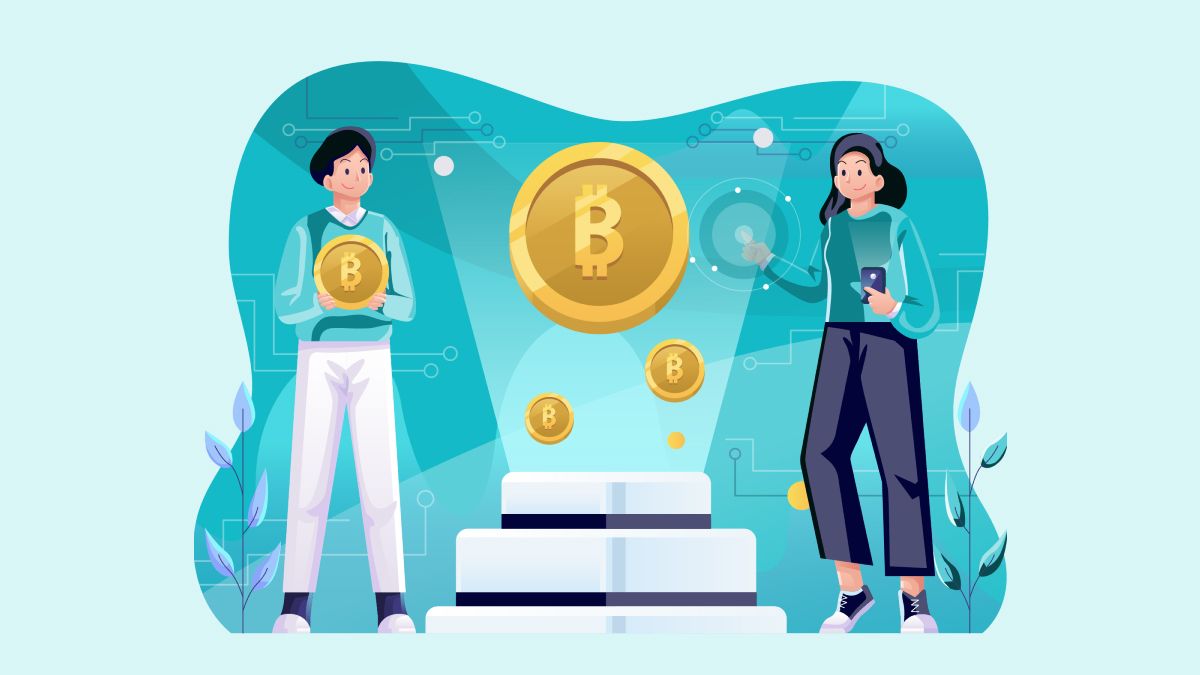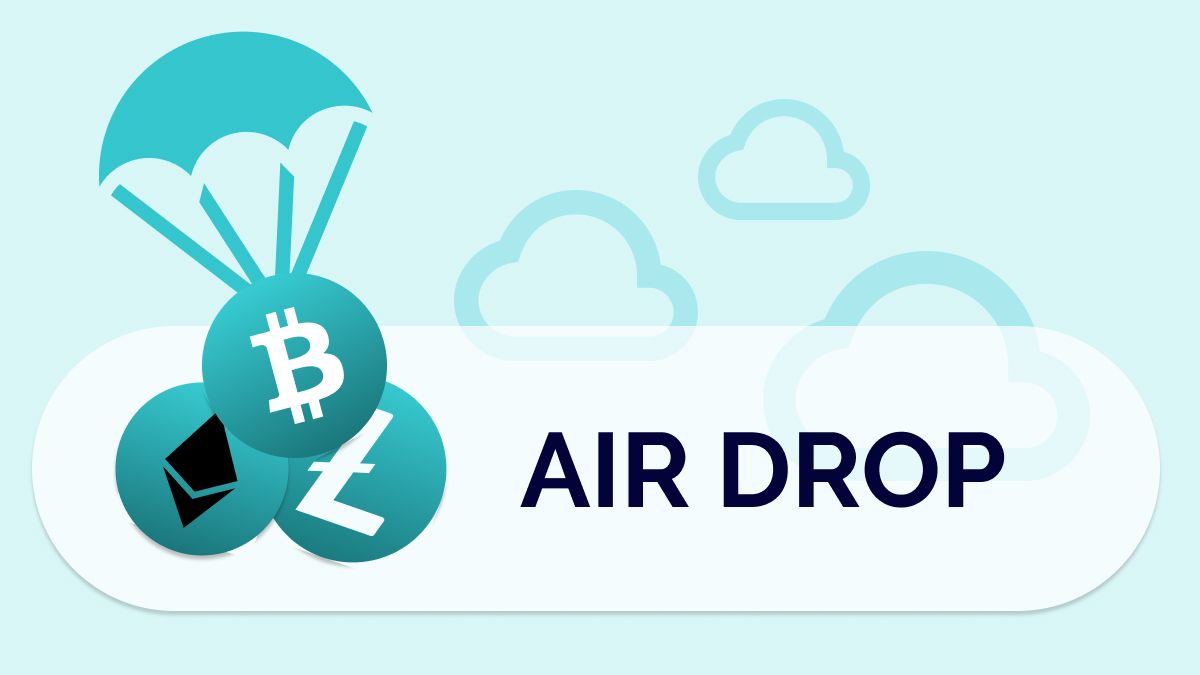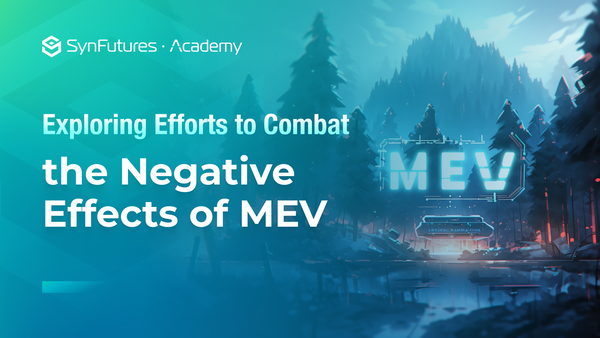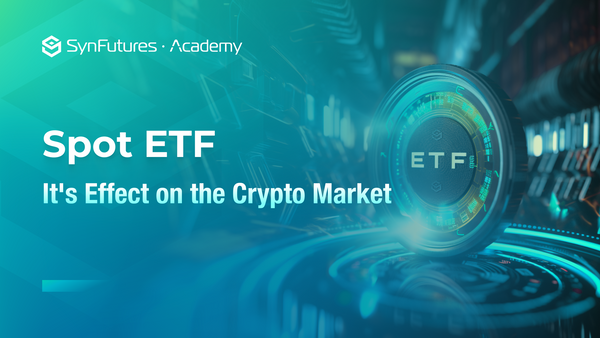Crypto acronyms ICO, IEO, IDO, IFO, IAO explained
Key takeaways:
All the acronyms refer to capital raising in cryptocurrency using different methods with each of the acronym referring to the following:
- ICO = Initial Coin Offering
- IEO = Initial Exchange Offering
- IDO = Initial DEX Offering
- IFO = Initial Farm Offering
- IAO = Initial Airdrop Offering
The origin
The world of cryptocurrencies is filled with acronyms, as is the title of this article. If you look at these acronyms and think they must be somewhat related to IPO, Initial Public Offering, a term used in the financial market to designate companies that are starting to trade their shares on the stock exchanges, you are on the right track. These terms are indeed inspired by IPO, but are specific to cryptocurrencies. All the acronyms refer to capital raising with different methods and venues. Let’s dive into the terms one by one.
ICO

ICO, Initial Coin Offering, refers to issuing cryptocurrency or digital asset for the first time on the market. The issued asset is typically a new token. Similar to IPO where shares are released on secondary market, in an ICO, new issued tokens are later released on the market. Unlike IPO though, there are no specific rules for ICO – meaning any person, company or group can create a token and release it via ICO. For investors, it has enough to have a wallet and native tokens of the network where the ICO takes place to pay the fees and receive the tokens. For example, if an ICO happens on Ethereum, investors need to have ethers to acquire the ICO tokens.
Through ICO, any type of token can be issued. For example, some tokens give certain access to some services or products, while others can represent real assets such as gold or real estate. Companies can also raise capital by tokenizing part of their assets – similar to going through the IPO but in a much less complicated process and in a much less regulated way.
The first ICO was carried out in 2013 by Mastercoin with a raised capital of $5 million. By 2017, the amount of ICO collected reached more than $6 billion before regulatory pressure and a large number of scams caused the modality to decline.
IEO

IEO, Initial Exchange Offering, refers to token issuance for the first time on centralized exchanges such as Binance, Okex, FTX, etc. It differs from ICO in that IEO requires a trusted third party (the centralized exchange) in the operation. IEO can happen in two ways – by the exchange itself or by a third party using the exchange.
One of the most successful examples of IEO by the exchange itself is the Binance Coin (BNB) by Binance, the world’s largest exchange by trading volume. Since issuance in 2018, BNB has its price soared by over 10,000% as of Dec. 2021.
A third party can also issue tokens through IEO on the exchange. Like ICO, the third party can be a person, a company, or a group. Yet, IEO has a significant advantage over ICO because they are more secure and are less prone to fraud. In addition, through an IEO, the project has access to a consolidated larger investor base and the token has a bigger chance of being traded. Issuing tokens through an IEO is similar to listing stocks on a stock exchange, such as Nasdaq or S&P 500.
IDO

IDO, Initial DEX Offering, refers to token issuance on a decentralized exchange (DEX). It is generally the same as IEO except for the exchange that hosts the fundraising process. For ICO, a project takes full responsibility to manage the transactions and operations while for IEO, a centralized exchange hosts the whole process.
The major advantage of IDO over IEO is that there is no need to pay exchange fee, which is getting higher and higher, and it doesn’t require authorization from anyone. Instead of relying on centralized exchange to bring in volume and liquidity, community members are the ones who vet projects and tokens.
Though launched on DEX, IDOs have a series of rules, such as the project must pay a huge sum apart from the tokens to be launched on DEX; the project cannot list its tokens on other exchanges; the project creators have a very small margin to control the parameters of the token sale. Many traders prefer to purchase tokens via IDO rather than through ICOs, because in ICOs, the issuer of tokens has more control over the capture round while IDOs tend to generate greater isonomy between the parties.
IFO

IFO, Initial Farm Offering, is the process of issuing tokens through a decentralized exchange (DEX) and allowing users to purchase tokens through pre-sale. IFO gives the pre-sale token investors the chance to purchase the tokens at a discount.
The most common platform for IFO is PancakeSwap. Because IFO are issued through a DEX, most of these tokens are community-driven with little to no control by a central authority.
To participate in an IFO, users are required to provide liquidity to the DEX platform. For example, PancakeSwap IFOs often ask for liquidity in the Cake-BNB pair. Typically, each DEX has different instructions on how to participate in these offers. However, DEX does not guarantee the success or integrity of the token. Users should always do their own research before participating in the IFOs.
IAO

IAO, Initial Airdrop Offering, refers to providing free tokens to the users or person interested in the offer for the first time. IAO is a kind of win-win situation for both the project and the investors. From a project’s view, doing an IAO is important from a marketing point of view and cultivating a good culture around its project, as this practice helps create a good brand image of the company. All these in return helps make the tokens more valuable. For investors or users, they get tokens in their wallets totally for free. IAO also helps to decentralize the distribution of tokens and make sure that the allocation forms a uniform pattern.
Closing
In the crypto market, raising funds becomes easier with the development of blockchain and decentralized finance. These new ways of fundraising help reduce the gap between startups and big companies and help the industry to attract more funds to feed further development of the area. For investors, investing digitally opens opportunities to invest in the growing future trends. However, like any investment, participating the fundraising in crypto has a risk. Investors should do their own research before participating in fundraising or investing.
Discover SynFutures' Crypto Derivatives products: www.synfutures.com/.
Disclaimer: SynFutures Academy does not guarantee the reliability of the site content and shall not be held liable for any errors, omissions, or inaccuracies. The opinions and views expressed in any SynFutures Academy article are solely those of the author(s) and do not reflect the opinions of SynFutures. The SynFutures Academy articles are for educational purposes or information only. SynFutures Academy has no relationship to the projects mentioned in the articles, and there is no endorsement for these projects. The information provided on the site does not constitute an endorsement of any of the products and services discussed or investment, financial, or trading advice. A qualified professional should be consulted prior to making financial decisions.




